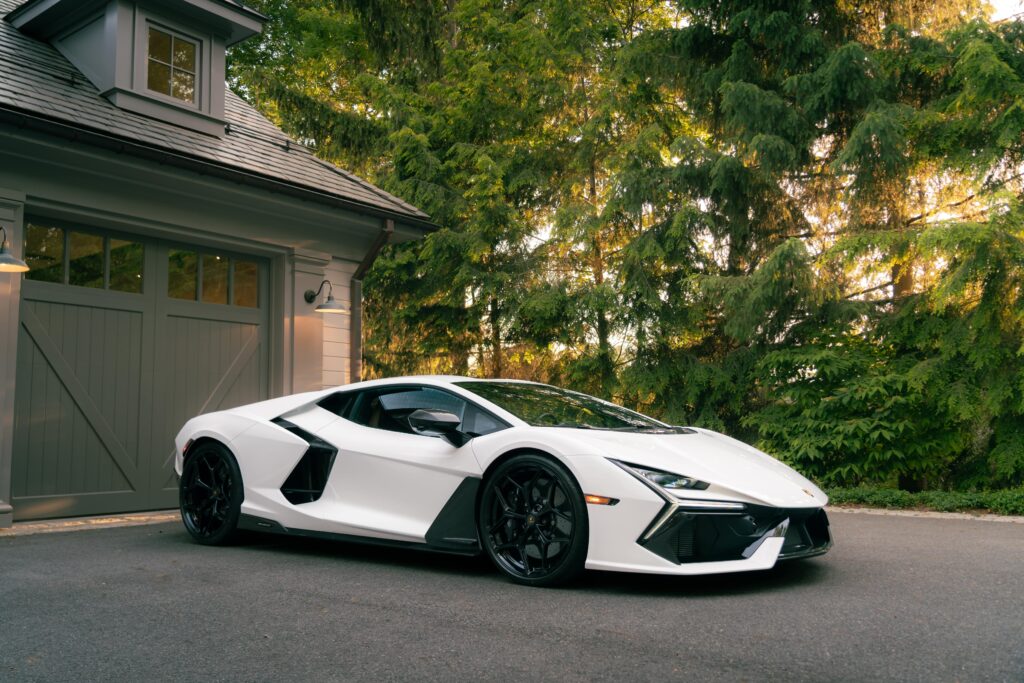Lamborghini’s boss says the brand’s soul still beats to the sound of petrol power. The Italian supercar maker plans to keep combustion engines alive for at least another decade before fully committing to electric mobility.
Turning away from a silent future
At Lamborghini’s London showroom, CEO Stephan Winkelmann said interest in electric cars is slowing. He believes this shift gives Lamborghini the chance to focus more on hybrids that blend emotion and performance.
The company will decide within weeks whether its long-awaited grand tourer, the Lanzador, will launch as a fully electric car or a plug-in hybrid. Winkelmann said Lamborghini acts responsibly but pointed out that its small production volume limits its environmental impact.
Hybrid performance defines the lineup
Lamborghini, owned by the Volkswagen Group, currently produces three core models. The Temerario and Revuelto are plug-in hybrid supercars combining roaring petrol engines with electric motors. They can run short distances on electricity but remain focused on speed, sound, and emotion.
The Urus, Lamborghini’s luxury SUV, comes as both a plug-in hybrid and a petrol version. It may look less flamboyant than the supercars but accounts for more than half of Lamborghini’s total sales.
The Fenomeno sits at the top of the range as an ultra-rare masterpiece. With a top speed above 215 mph, only 30 units will ever exist. Each costs at least €3 million before taxes.
Electric ambitions lose power
Two years ago, Lamborghini planned an all-electric successor to the Urus by 2029. That project has now been delayed, with the model expected no earlier than 2035.
The Lanzador, originally designed as a fully electric grand tourer, also faces uncertainty. Winkelmann said Lamborghini may adapt it to include hybrid technology instead.
“Today, enthusiasm for electric cars is going down,” he said. “We see a strong opportunity to keep combustion engines and battery systems together much longer than expected.”
Keeping the sound of emotion alive
For Winkelmann, the combustion engine remains the heart of Lamborghini. “Our customers still want the sound, the vibration, and the emotion that come with a petrol engine,” he said.
That view contrasts with rival Ferrari, which plans to unveil its first fully electric car, the Elettrica, next year. Ferrari says the new model will keep its trademark excitement — even without the noise.
Responsible but realistic
Winkelmann said Lamborghini recognises the need to reduce emissions but stays aware of its limited influence. “We sell 10,000 cars in a world that produces 80 million every year, so our CO₂ footprint is very small,” he said.
He added, “We are socially responsible, but our overall effect is minimal.”
From 2035, new petrol and diesel cars — including plug-in hybrids — will be banned in both the EU and the UK. However, several manufacturers are pushing for a slower transition to reflect industrial and economic realities.
If the rules change, combustion engines could remain beyond 2035. The UK also allows small carmakers, producing fewer than 2,500 vehicles annually, to continue selling petrol cars. Lamborghini, which sold 795 vehicles in the UK last year, qualifies for this exemption.



